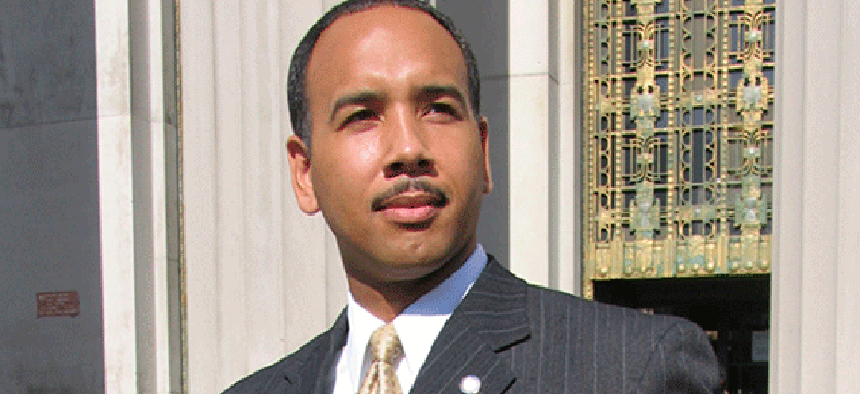Opinion: Give low-income tenants a fair chance in housing court

There is an undeniable homelessness crisis in this city, one that underscores the importance of increased representation of low-income tenants in eviction proceedings. Anyone doubting the relationship between homelessness and the evictions and possessions of the dwellings of low-income tenants need only look at available data, which show that thousands of families entering the shelter system have just faced eviction.
New Yorkers need a City Council hearing on Intro 214-A, the bill introduced by Councilman Mark Levine which would create a blueprint for providing attorneys to tenants facing eviction, ejectment and foreclosure proceedings. The bill would provide improved access to justice for individuals earning up to 200 percent of the federal poverty level.
According to data compiled by Housing Court Answers, the total number of residential evictions and possessions in New York City in 2015 was 21,988. Of those evictions, 7,401 were carried out in the Bronx, 7,033 in Brooklyn, 3,939 in Queens, 2,898 in Manhattan, and 717 in Staten Island.
Evictions clearly concern every corner of the city. It is imperative that we take an expansive approach to solving this problem. Building new affordable housing is not the only answer.
I support a hearing on Intro 214-A because it promotes justice and because of its potential fiscal merits.
Litigants in housing court should play on a fair field, not one where one party has legal expertise and where the other does not know their rights or have access to the same procedural strategies. Homelessness is all too often the unnecessary and unfair result of this inequity – and with great human cost. The deck remains stacked against low-income tenants, most of whom do not have attorneys, because most landlords have representation in housing court.
The financial merits of the legislation should also be explored in a hearing. An analysis of the financial benefits of the legislation must account for the fiscal cost of supporting the homeless and of replacing lost rent-regulated apartments with other affordable housing. A recent study released by the New York City Bar Association found that Intro 214-A would save the city $320 million annually, after accounting for the need to replace rent-regulated apartments with other affordable housing and for the state and federal funding that would be saved on shelter costs and other preventative services.
Additionally, Intro 214-A would increase access to justice in foreclosure proceedings, which have wreaked havoc on this country over the past decade.
Too many families become homeless because they don’t have an advocate in court or someone to get them connected with housing financial assistance, like the Family Eviction Prevention Subsidy program, that would allow them to keep their homes.
Justice requires protecting our most vulnerable from unnecessary eviction and the resulting plight of homelessness. We can do more to both promote fairness in these proceedings and provide representation for the underserved. We can give Intro 214-A the fair hearing it deserves.
Ruben Diaz Jr. is the Bronx borough president.
This piece first appeared in NY Slant.
